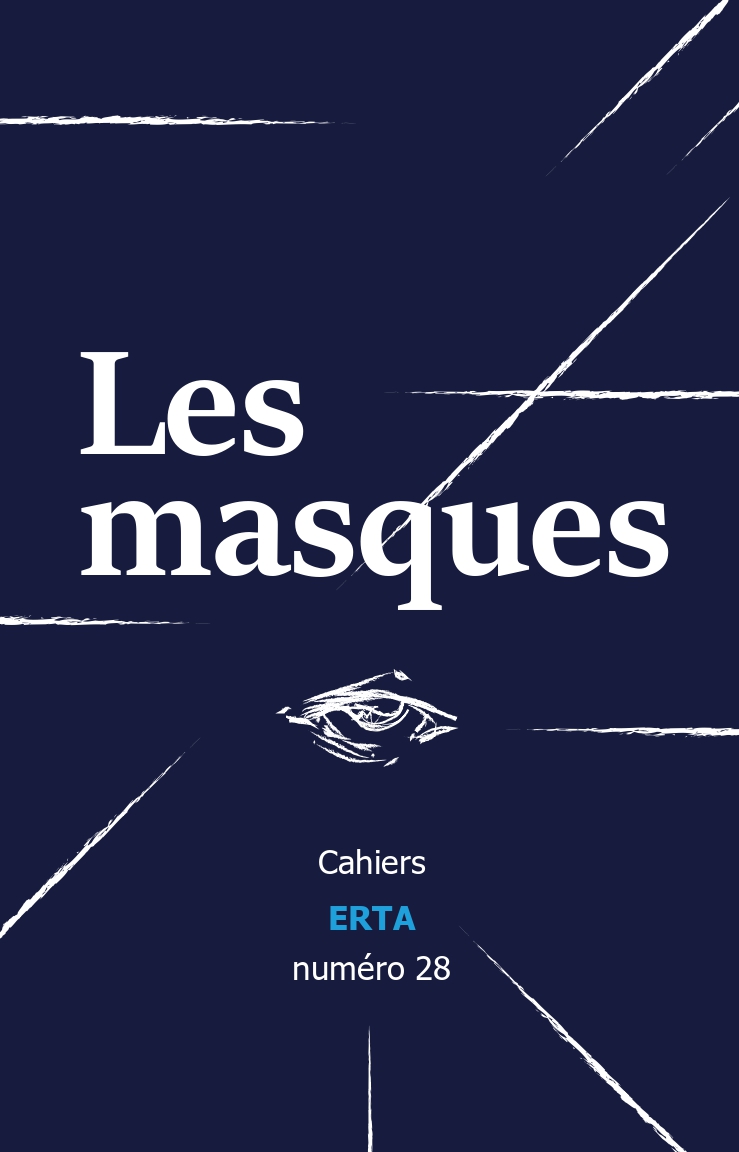"Les Soixante-quinze Feuillets" de Marcel Proust ou la fabrique du masque
Mots-clés :
laboratoire, génétique, autobiographie, pseudonyme, poétiqueRésumé
In Search of Lost Time, the narrator is not the writer, and we can find out several models behind one character. In other words, Proust created a mask he put on reality to avoid criticism and problems with his family, but also to look for the essence of beings and things by focusing the truth. Pseudonyms are not a game but a real poetic of the Name. The recent publication of his Soixante-quinze Feuillets (Gallimard, 2021) shows how Proust transformed his autobiography into a fictional world. That preliminary version exposes the methods he used to hide himself and the way he was experimenting the powers of the imagination and composition. It is the writer’s laboratory, an important source for genetic study of Proust’s masterpiece.
Téléchargements
Références
Proust M., À La recherche du temps perdu, J.-Y. Tadié (dir.), Paris, Gallimard, 1988, vol. 3.
Proust M., Contre Sainte-Beuve, B. de Fallois (éd. critique), Paris, Gallimard, 1954.
Proust M., Correspondance, P. Kolb (éd. critique), Paris, Plon, 1976, vol. 2 ; 1989, vol. 17.
Proust M., Correspondance, J. Picon (éd. critique), Paris, Flammarion, 2007.
Proust M., Jean Santeuil, Paris, Gallimard, 2001.
Proust M., Les Soixante-quinze feuillets et autres manuscrits inédits, N. Mauriac-Dyer (éd. critique), Paris, Gallimard, 2021.
Tadié J.-Y., Proust et le roman, Paris, Gallimard, 1971.

 Revues scientifiques académiques
Revues scientifiques académiques





